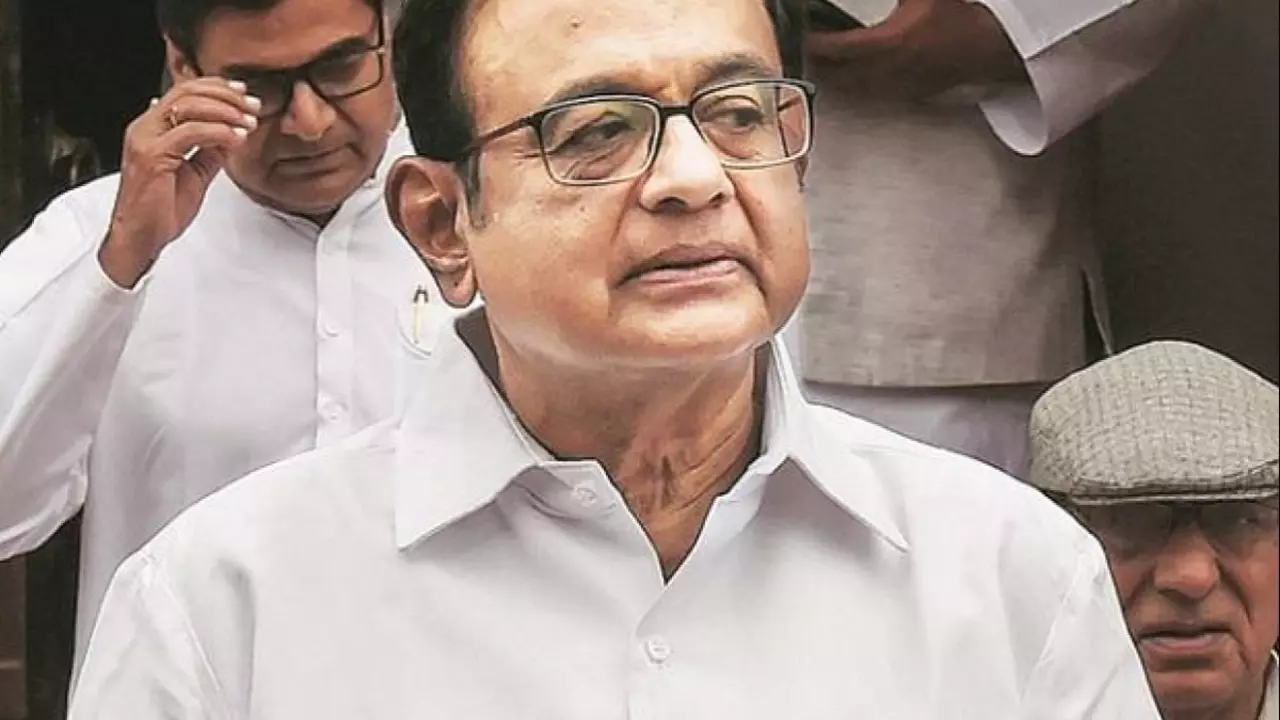The Media Landscape in India
India is a vibrant democracy with a diverse media landscape. The freedom of press is enshrined in its constitution, and it is home to thousands of newspapers in multiple languages and numerous television channels. However, there are concerns about the degree of independence and objectivity of the media in India. Many believe that the media, particularly the mainstream media, is heavily influenced by political and corporate interests, leading to a distortion of information and news.
The Political Influence on Media
There is a widespread belief that many media outlets in India are controlled or influenced by political parties or individuals with political affiliations. This can lead to biased reporting and a lack of objectivity. There are instances when news reports and debates are skewed to favor a particular political ideology or party. This has led to a situation where people often question the credibility of news and information that they receive.
Corporate Control of Media
Corporate control of media is another critical aspect that needs to be examined. Many media houses in India are owned by large business conglomerates. This can lead to a conflict of interest as these businesses may use their media outlets to promote their interests or malign their competitors. There are also allegations of news being 'sponsored' or 'paid' by corporations for favorable coverage.
Impact of TRP Race
The race for Television Rating Points (TRP) has also played a role in undermining the integrity of the media. The pressure to garner higher TRPs often leads to sensationalism and disregard for journalistic ethics. News is often packaged as entertainment, and there is a relentless focus on trivial and sensational stories at the expense of important issues.
Role of Social Media
With the proliferation of social media, the situation has become even more complex. While it has democratized the dissemination of information, it has also led to the spread of fake news and misinformation. The nexus between political parties, businesses, and social media platforms has further muddied the waters.
Censorship and Self-Censorship
Censorship and self-censorship is another significant issue. There are instances when media outlets are pressurized to not report certain stories or to report them in a certain manner. At the same time, many journalists and media houses resort to self-censorship out of fear of reprisals or to curry favor with those in power.
The Role of Regulatory Bodies
The role of regulatory bodies is crucial in ensuring a free and fair media. However, there are concerns about the effectiveness of these bodies in India. Despite the existence of bodies like the Press Council of India and the News Broadcasting Standards Authority, there is a perception that they have not been able to fulfill their mandate effectively.
The Need for Media Literacy
Given the state of affairs, there is a pressing need for media literacy in India. People need to be educated about how to discern credible news from fake news, and how to critically analyze the news they consume. This can go a long way in mitigating the impact of the compromised media.
Conclusion: Media Independence and Democracy
At the end of the day, the independence of the media is critical for the health of any democracy. In a country like India, where diversity of opinion is the norm, an unbiased and objective media can play a crucial role in informing the public and fostering healthy debates. Despite the challenges, there are many in the media who are doing commendable work in upholding journalistic ethics and striving for truth and fairness.
